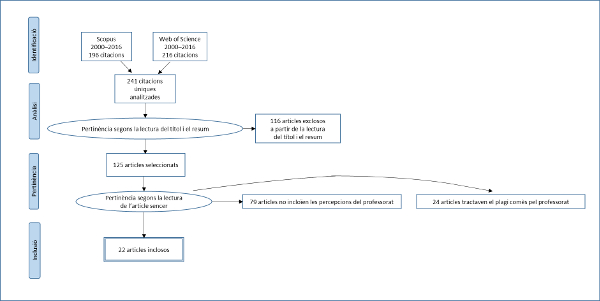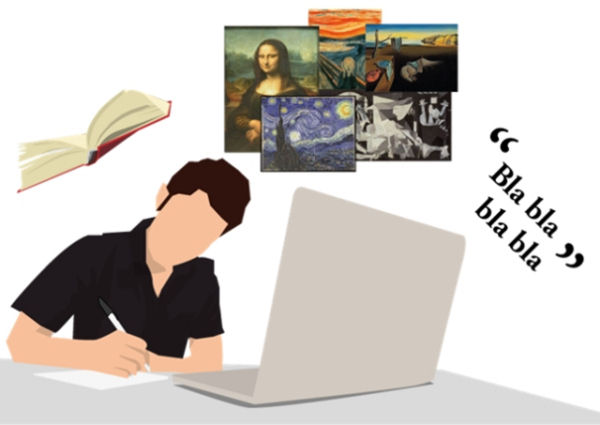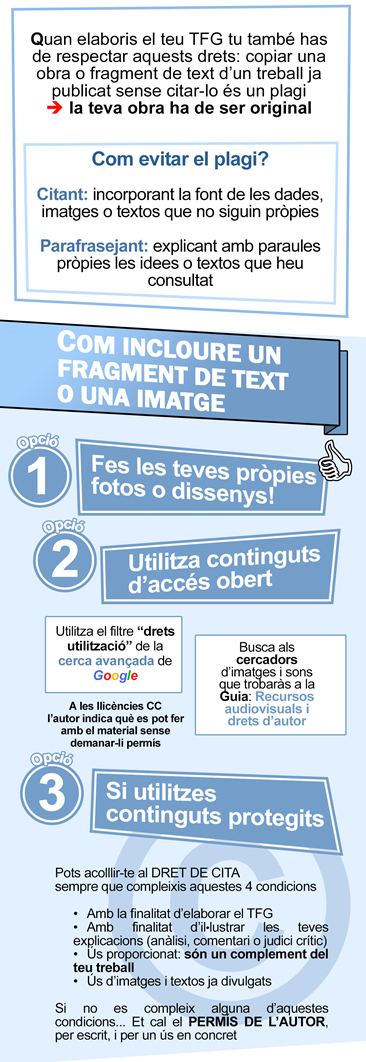Percepcions del professorat amb relació al plagi dels estudiants universitaris: revisió de la bibliografia
Objectives: This paper aims to identify and critically evaluate the extant knowledge about professors’ perceptions of university students’ plagiarism. A clearer comprehension of these perceptions will allow us to forward the literature on this topic by pointing avenues for further research and policy.
Methodology: We explored professors’ perception of student plagiarism through an integrative literature review. To undertake this review, we searched the literature from 2000 to 2016 using a range of keyword combinations related to professors’ perception of plagiarism. Inclusion and exclusion criteria were implemented to choose abstracts and then full papers. In order to ensure the rigor of the review, we also employed a systematic analytical framework.
Results: The twenty-two studies identified revealed greatly contrasting and uneven perceptions about students’ plagiarism among professors. Our findings indicate that it is necessary to focus not only on professors’ perceptions of what plagiarism is as a concept, but also to map to what extent this is an important, prevalent and severe issue for them. In the same vein, we highlight that such perceptions and the causes professors attribute to the reasons why students plagiarise may have a strong relationship with the actions they ultimate undertake to deal with this issue. Finally, we reflect on the additional problems caused by inconsistent implementation of responses to plagiarism at all academic levels.





